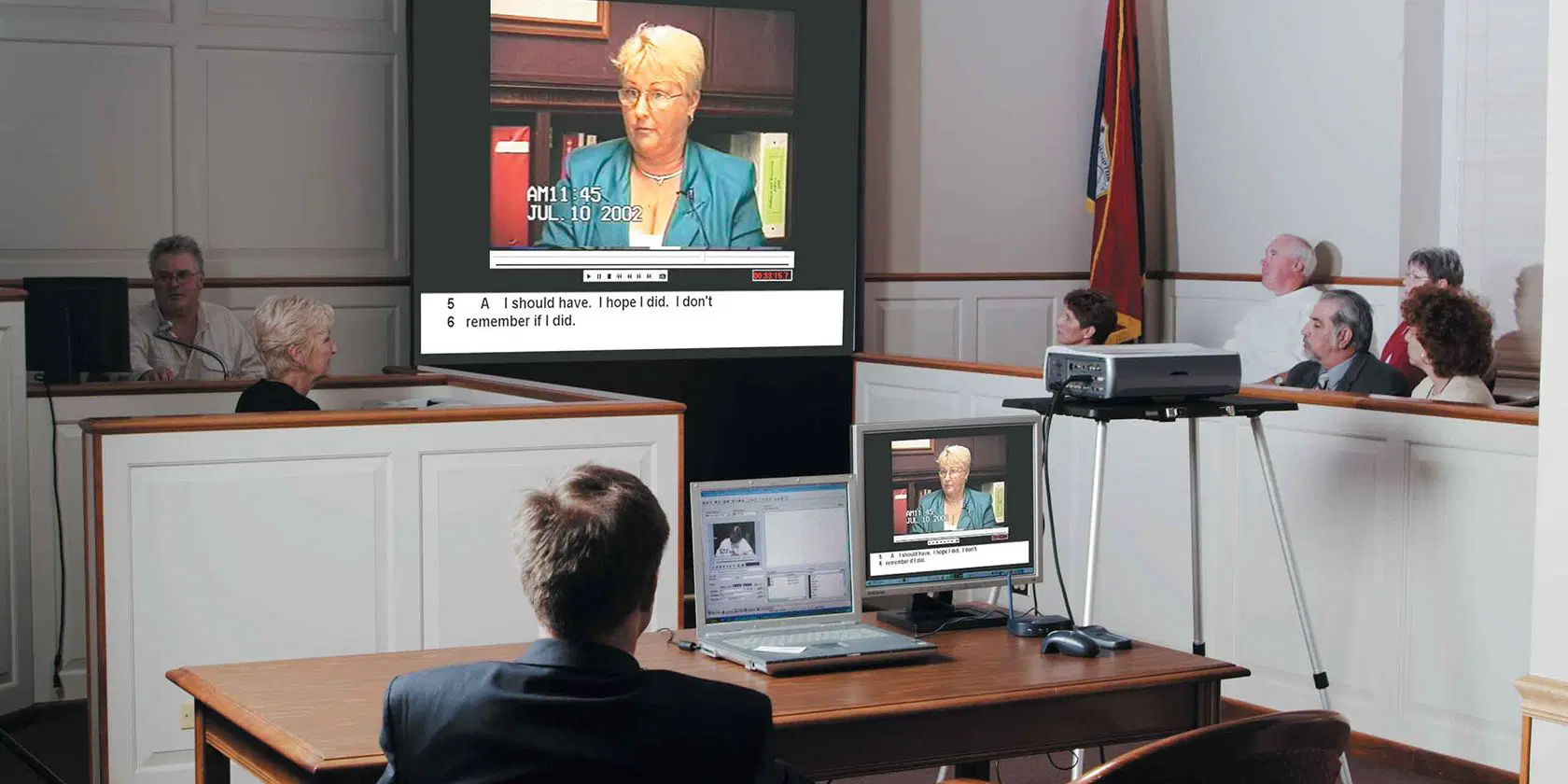Trial lawyers use custom trial presentations to support their cases.
Trial lawyers use custom trial presentations to support their cases.
Blog Article
Just How Trial Presentations Enhance Your Disagreement and Persuade Jurors
Test presentations function as an essential mechanism for enhancing legal disagreements and encouraging jurors. By incorporating visual help, narrative structures, and psychological involvement, lawyers can develop a compelling situation that reverberates on multiple degrees. The strategic use visuals not only clarifies complicated information however likewise catches jurors' attention a lot more successfully than words alone. The art of narration plays a similarly essential duty in transforming accurate evidence into an engaging narrative, shaping jurors' understandings. Recognizing these elements can considerably impact test end results, raising the inquiry of how each part contributes to this elaborate dynamic.

Significance of Aesthetic Help
Visual aids play an important function in improving the efficiency of test discussions, as they can significantly raise target market involvement and retention of information. In the context of a trial, where jurors are tasked with processing facility details, aesthetic aids offer to streamline and clear up key points. Graphes, graphs, and images can communicate information and concepts that may or else bewilder or puzzle jurors, permitting a more uncomplicated understanding of the proof provided.
Moreover, visual aids help in preserving juror interest throughout the process. By damaging the dullness of spoken testament, these devices can stress essential arguments, making them more memorable. Reliable aesthetic help can also stimulate emotional responses, which can be critical in encouraging jurors to align with the speaker's narrative.

Crafting Engaging Narratives
An engaging story is important in trial discussions, as it functions as the foundation of efficient persuasion. It allows attorneys to weave with each other truths, proof, and emotional aspects right into a coherent tale that reverberates with jurors. This narrative framework allows jurors to comprehend the intricacies of the situation while leading them with the attorney's disagreement.
To craft a compelling narrative, attorneys ought to focus on quality and coherence. Furthermore, the use of vibrant descriptions can produce mental pictures that aid jurors picture the events, making the narrative a lot more memorable.
Furthermore, integrating key styles throughout the discussion reinforces the core message and help in retention - trial presentations. The narrative ought to not only communicate details but likewise evoke a feeling of justice, highlighting the risks involved. Inevitably, a sound narrative cultivates special info a link between the jurors and the situation, placing the attorney's argument as both reliable and compelling, thereby enhancing the possibility of a beneficial judgment

Engaging the Jury Psychologically
Reliable jury engagement pivots on the attorney's capacity to link with jurors on an emotional degree. This link can dramatically impact jurors' assumptions and their supreme decision-making.
Aesthetic aids, such as photographs or videos, can further boost emotional engagement, giving jurors with vibrant depictions of the situation's human elements. Crafting a story that highlights the struggles and victories of the people involved makes certain that jurors see beyond the lawful debates and recognize the human consequences of their decisions.
A lawyer's passionate distribution can reverberate with jurors, reinforcing their psychological financial investment in the situation. It's crucial to balance emotional charms with accurate evidence, ensuring that jurors really feel obliged to act while remaining based in the fact.
Structuring Your Presentation

The body of the presentation ought to be logically fractional into vital points, each sustained by compelling proof. It is useful to use narration techniques to weave realities into a story that jurors can easily adhere to. their explanation Visual help, such as charts and video clips, can improve comprehension and engagement, assisting to highlight crucial items of proof.
Real-World Situation Researches
Taking a look at real-world instance researches provides indispensable understandings right into the art of test discussions and persuasion. The protection group effectively employed a technique that integrated prominent specialist testaments with multimedia discussions, which astounded jurors and inevitably affected their choice.
Another notable example is the "McDonald's Coffee Case," where the plaintiff's attorneys utilized visuals photos of the injuries sustained by Stella Liebeck. trial presentations. This raw aesthetic proof played a crucial role in conveying the severity of her burns, bring about a substantial court honor. Such situations demonstrate that impactful trial presentations frequently hinge on the effective assimilation of visuals and narration to stimulate emotional reactions from jurors
Furthermore, the "Casey Anthony Test" highlighted the relevance of narrative comprehensibility and reputation. The prosecution's failing to develop a compelling timeline decreased their persuasive power, emphasizing the requirement of a well-structured presentation. Analyzing these instances exposes that successful test discussions require strategic preparation, emotional engagement, and the capability to resonate with jurors' worths and ideas.
Conclusion
Test discussions substantially boost arguments and encourage jurors via the calculated usage of visual aids, engaging narratives, and emotional involvement. A well-structured presentation balances psychological allures with factual evidence, inevitably reverberating with jurors' values.
Report this page